What are the Uses of Water Tankers?
Water is one of the most critical resources on the planet, essential for human survival, agriculture, industry, and countless other applications. However, access to clean, potable water is not always consistent or reliable, particularly in regions experiencing drought, infrastructure challenges, or rapid urbanization. This is where water tankers come into play. Water tankers are vehicles equipped with large tanks specifically designed for transporting water from one location to another. They have become an indispensable solution for addressing water scarcity and ensuring the availability of water in areas where it is needed most. This article explores the various uses of water tankers, highlighting their importance in different sectors.
1. Emergency Water Supply
One of the most critical uses of water tankers is in providing emergency water supplies during natural disasters such as earthquakes, floods, and droughts. In the aftermath of a disaster, local water supplies may be contaminated, disrupted, or entirely unavailable. Water tankers can deliver clean water to affected populations, preventing dehydration and the spread of waterborne diseases. For instance, during severe droughts, water tankers are often deployed to deliver water to communities that rely on wells or rivers that have dried up. In such scenarios, tankers become lifelines, ensuring that people have access to the water they need for drinking, cooking, and sanitation.
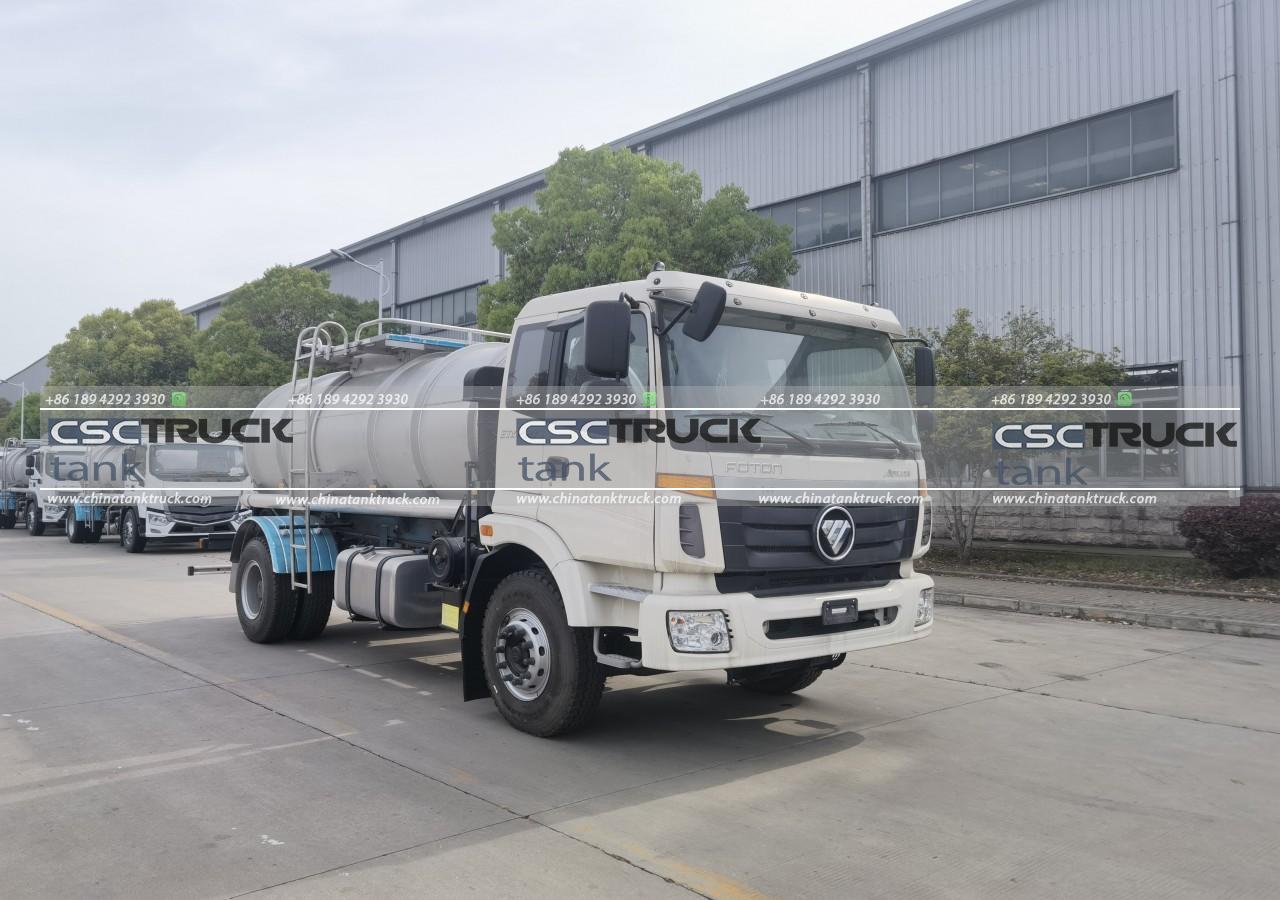
2. Agricultural Irrigation
Agriculture is a water-intensive industry, with crops and livestock requiring substantial amounts of water to thrive. In regions where water sources are scarce or unreliable, water tankers are used to provide irrigation to farms. This is particularly important during dry seasons or in arid regions where rainfall is insufficient to meet the needs of crops. By transporting water directly to the fields, water tankers enable farmers to maintain their crops and sustain their livelihoods, even in challenging environmental conditions. Moreover, in areas practicing precision agriculture, water tankers can be used to deliver water to specific plots of land, ensuring that crops receive the right amount of water without wastage.
3. Construction and Industrial Use
The construction industry is another sector that relies heavily on water tankers. Large construction projects, such as building roads, bridges, and high-rise buildings, require significant amounts of water for various purposes, including concrete mixing, dust suppression, and site cleaning. Water tankers provide a convenient and efficient way to supply the necessary water to construction sites, especially in areas where there is no direct access to a municipal water supply. Additionally, industrial operations, such as mining and manufacturing, also utilize water tankers to meet their water needs. For example, in mining operations, water is needed for dust control, ore processing, and equipment cooling, and water tankers are often the most practical means of delivering this essential resource.
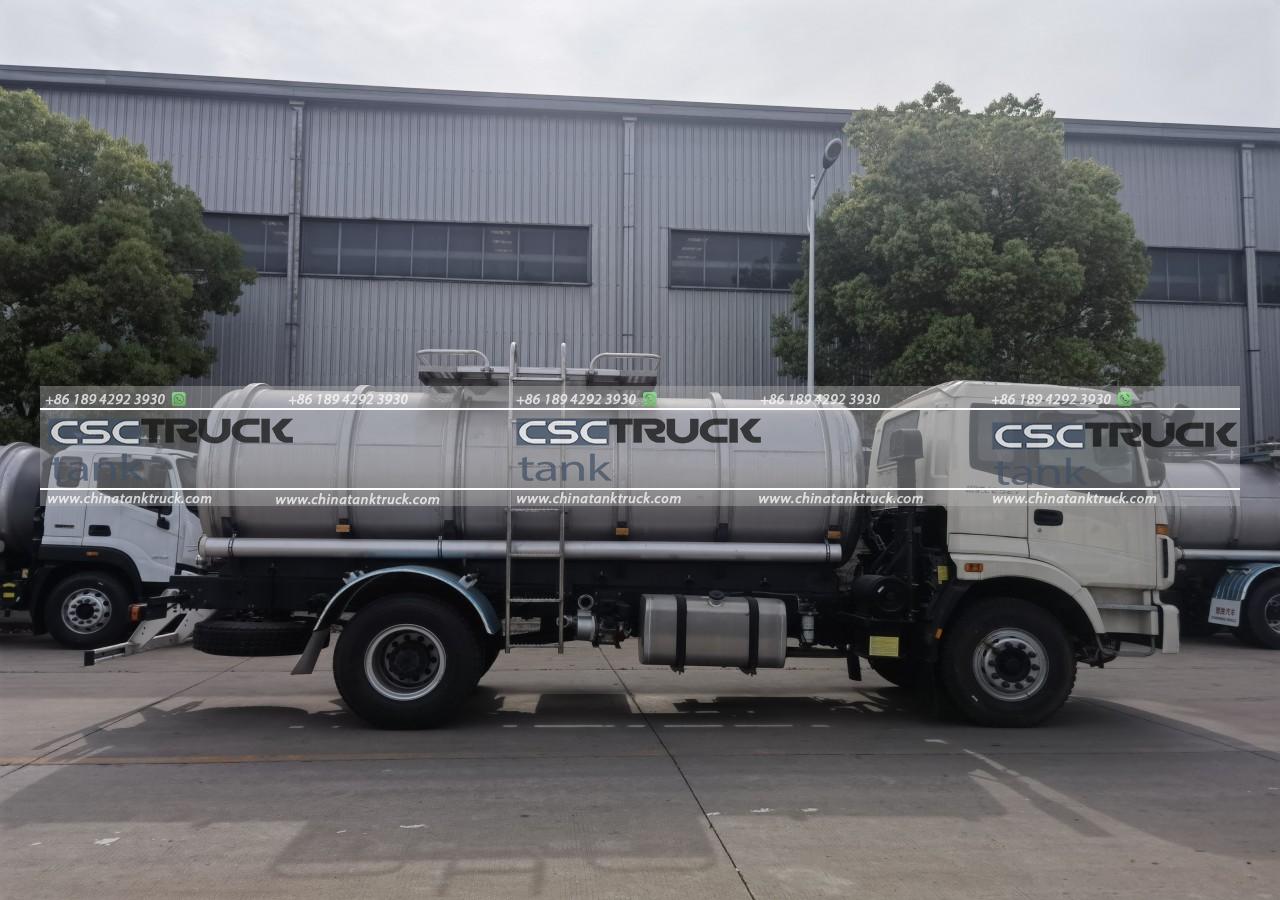
4. Municipal Water Supply
In many developing countries or rural areas, the municipal water supply infrastructure may be inadequate, leading to frequent water shortages. Water tankers are often employed by local governments or private companies to supplement the municipal water supply, ensuring that residents have access to clean water for their daily needs. This can be particularly important during peak demand periods, such as summer months, when water usage typically increases. Moreover, in urban areas experiencing rapid growth, existing water infrastructure may struggle to keep up with the demand, and water tankers can serve as a temporary solution while longer-term infrastructure projects are completed.
5. Event and Recreational Use
Water tankers are also commonly used to supply water for large-scale events, such as music festivals, sporting events, and outdoor exhibitions. These events often take place in locations where access to water is limited, yet the need for water is substantial due to the large number of attendees. Water tankers can be used to provide drinking water, supply water for sanitation facilities, and even create artificial lakes or ponds for recreational purposes. For instance, in regions where water sports are popular but natural water bodies are scarce, water tankers can fill temporary pools or lakes for events such as boat races or swimming competitions.
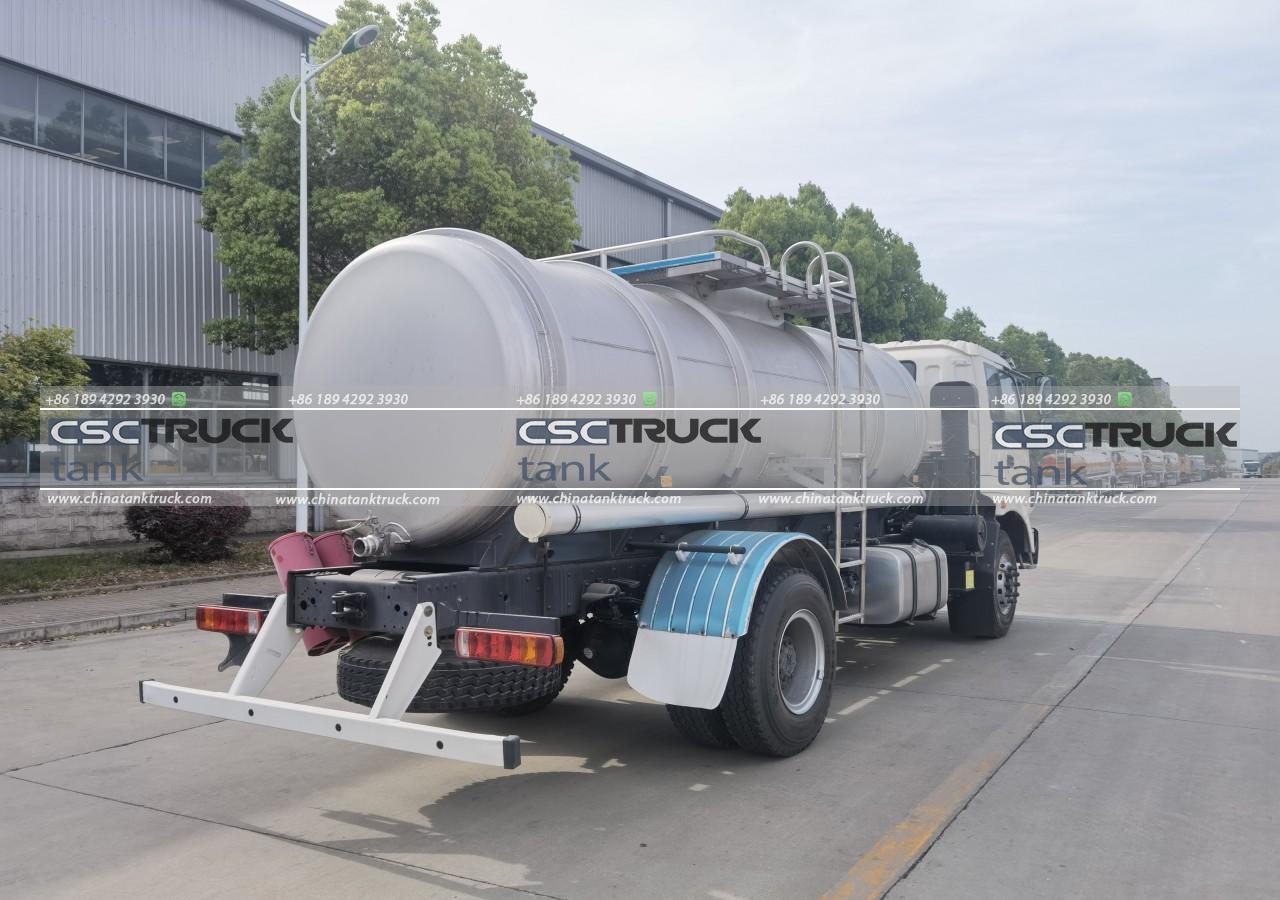
6. Firefighting
In firefighting, especially in rural or remote areas where fire hydrants are not available, water tankers play a crucial role. These specialized vehicles, often called water tenders, are equipped with high-capacity water tanks and are used to supply water directly to fire engines or the fire scene. This is particularly important in combating wildfires, where access to water can be limited and the fire’s spread can be rapid and unpredictable. Water tankers ensure that firefighters have a continuous supply of water, which is vital for controlling and extinguishing fires. In some cases, water tankers may also be used to create firebreaks by soaking the ground in the path of an advancing fire, helping to prevent its spread.
7. Water Delivery for Remote Communities
In remote or isolated communities, where access to clean water may be limited or non-existent, water tankers serve as a primary means of delivering potable water. These communities may be located far from natural water sources or municipal water systems, making it challenging to obtain sufficient water for drinking, cooking, and hygiene. Water tankers can be scheduled to make regular deliveries, ensuring that residents have a reliable supply of clean water. This is especially important in regions where alternative sources of water, such as rainwater harvesting or wells, are not viable due to environmental conditions.
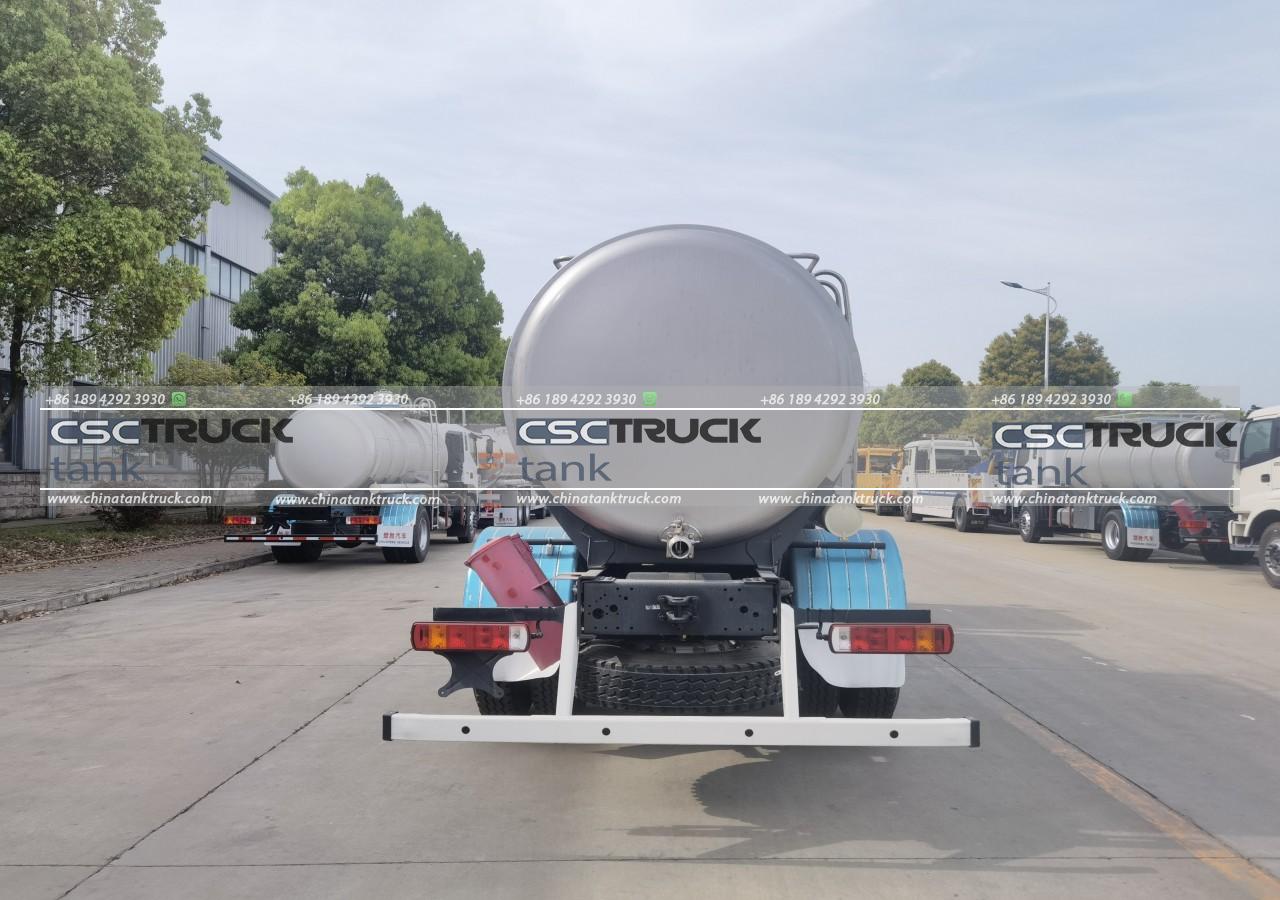
8. Environmental Management
Water tankers also play a role in environmental management and conservation efforts. For instance, they can be used to transport water to restore wetlands, replenish dry lakes, or support reforestation projects in arid regions. In areas where ecosystems are threatened by drought or human activity, water tankers can deliver the necessary water to sustain plant and animal life. Additionally, in some cases, water tankers are used to manage dust and air quality in areas affected by construction or mining activities, helping to reduce the environmental impact of these operations.
9. Swimming Pools and Water Parks
Filling swimming pools and water parks is another common use of water tankers. Large pools, whether in residential properties, hotels, or recreational facilities, require significant amounts of water that may not be readily available through the regular water supply. Water tankers provide a quick and efficient solution, allowing pools to be filled within hours rather than days. This service is particularly valuable for new pools, where the initial fill requires a large volume of water, or for seasonal facilities that need to be refilled after being drained.
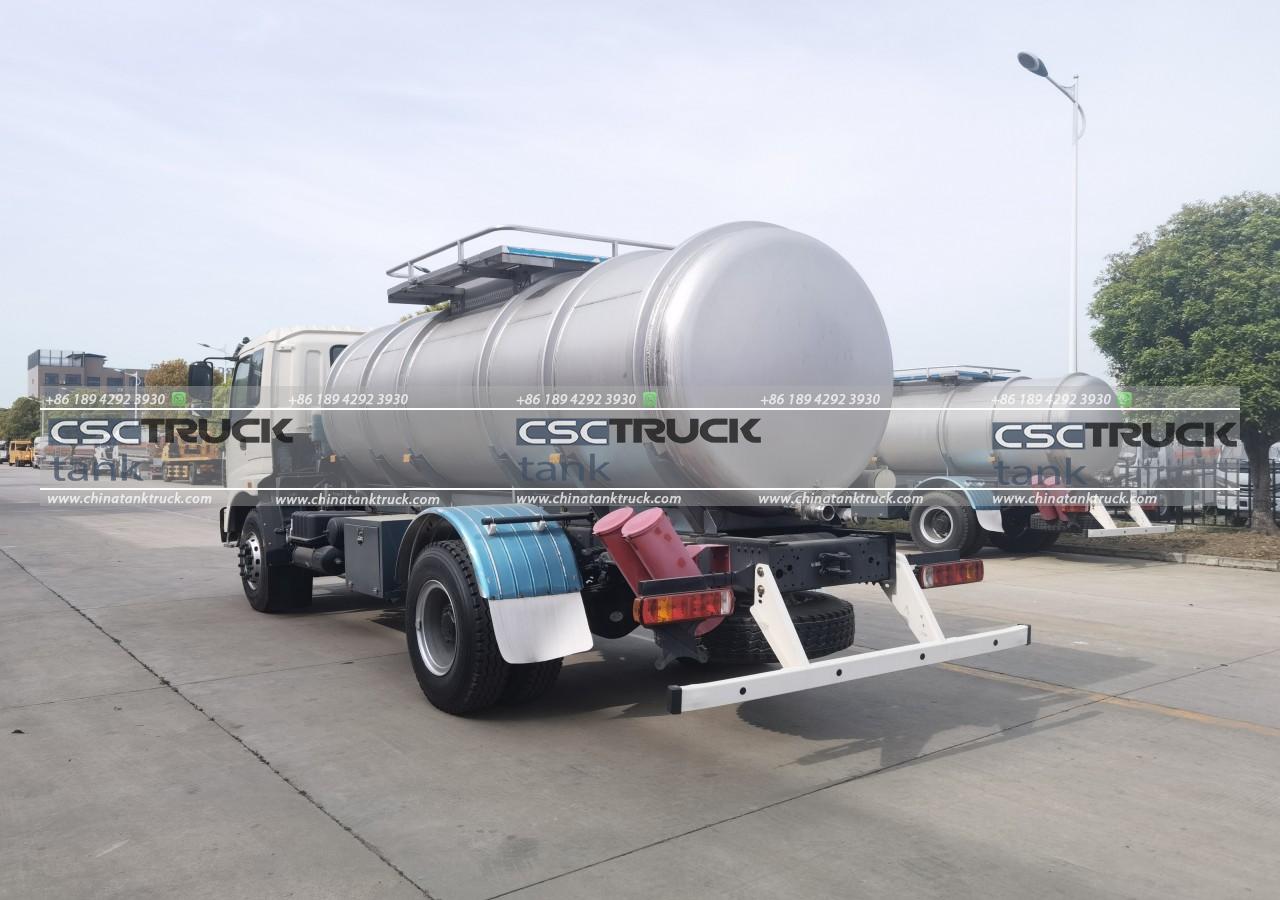
Conclusion
Water tankers are versatile and essential tools that serve a wide range of purposes across different sectors. From providing emergency relief in disaster-stricken areas to supporting agriculture, industry, and urban populations, water tankers ensure that water, one of our most vital resources, is available where and when it is needed most. As challenges related to water scarcity and infrastructure continue to grow, the role of water tankers in delivering and managing water resources is likely to become even more critical in the future.

